|
Total Quality Management (TQM) is the idea that quality control should
not be left to a quality controller standing at the end of a production line.
(Checking the final output). It is (or should be) something that permeates
an organization from the moment its raw materials arrive, until the moment
its finished products leave the premises.
What is the EFQM framework.
The EFQM Model is a non-prescriptive TQM framework based on nine criteria.
Five of these are 'Enablers' and four are 'Results'. The 'Enabler'
criteria are covering what an organization does. The 'Results' criteria are
covering what an organization achieves. 'Results' are caused by 'Enablers'
and feedback from 'Results' help to improve 'Enablers'.
The EFQM Model recognizes that there are many approaches to achieving sustainable
excellence in all aspects of performance. It is based on the assumption that
excellent results with respect to Performance, Customers, People and Society
are achieved through Leadership driving Policy and Strategy, that is delivered
through People Partnerships and Resources, and Processes.
 EFQM
is a non-prescriptive framework that recognizes there are many approaches
to achieving sustainable excellence. Within this non-prescriptive approach
there are some fundamental concepts which underpin the EFQM Model: EFQM
is a non-prescriptive framework that recognizes there are many approaches
to achieving sustainable excellence. Within this non-prescriptive approach
there are some fundamental concepts which underpin the EFQM Model:
Concepts of the EFQM model
- Results Orientation. Achieve results that delight all the organization's
stakeholders.
- Customer Focus. Create sustainable customer value.
- Leadership & Constancy of Purpose. Visionary and inspirational
leadership, coupled with constancy of purpose.
- Management by Processes & Facts. Manage the organization through
a set of interdependent and interrelated systems, processes and facts.
- People Development & Involvement. Maximize the contribution of
employees through their development and involvement.
- Continuous Learning, Innovation & Improvement. Challenge the
status quo and effecting change by using learning to create innovation and
improvement opportunities.
- Partnership Development. Develop and maintain value-adding partnerships.
- Corporate Social Responsibility. Exceed the minimum regulatory
framework in which the organization operates and to strive to understand
and respond to the expectations of their stakeholders in society.
The EFQM Model is one of the most widely used organizational frameworks
in Europe.
Uses of EFQM
The EFQM model can be used for the following purposes:
- To assess organizations. Thus identifying where to focus improvement
activity.
- Benchmarking.
- Strategy reviews and creation.
- Basis for applying for the European Quality Award and many national
quality awards.
EFQM tools
The following tools are provided:
- RADAR Scoring Matrix - Results, Approach, Deployment, Assessment
and Review
Results - This covers what an organization achieves. In an excellent organization
the results will show positive trends and/or sustained good performance,
targets will be appropriate and met or exceeded, performance will compare
well with others and will have been caused by the approaches. Additionally,
the scope of the results will address the relevant areas.
Approach - This covers what an organization plans to do and the reasons
for it. In an excellent organization the approach will be sound - having
a clear rationale, well-defined and developed processes and a clear focus
on stakeholder needs, and will be integrated - supporting policy and strategy
and linked to other approaches where appropriate.
Deployment - This covers the extent to which an organization uses the approach
and what it does to deploy it. In an excellent organization the approach
will be implemented in relevant areas, in a systematic way.
Assessment & Review - This covers what an organization does to assess and
review both the approach and the deployment of the approach. In an excellent
organization the approach, and deployment of it, will be subject to regular
measurement, learning activities will be undertaken, and the output from
both will be used to identify, prioritise, plan and implement improvement.
- PATHFINDER Card
The Pathfinder card is a Self-Assessment tool for identifying opportunities
for improvement. Its purpose is to assist in the identification of improvement
opportunities through Self-Assessment and to help build improvement plans.
It is not a scoring tool, rather it is a series of questions designed to
be answered quickly whilst undertaking a Self-Assessment. This tool can
be used at either criterion or sub-criterion level.
EFQM is copyright ©1999 - 2003EFQM
Book: John S. Oakland
- TQM: Text with Cases, Third Edition
|
Forum discussions about EFQM.
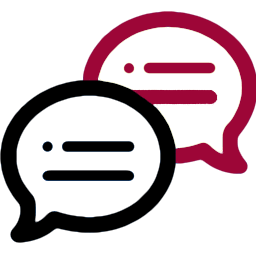
|
EFQM Point of Reference
Are there any EFQM statistical data available of best companies' scoring results, in order to allow me to compare the scores of my company? Or average scores? I just need a point of reference....
 10  1 comments |
|
🔥
|
EFQM Model 2020 Major Changes
1-Changes in this version affected the three components of the model?
2-Eight fundamental concepts discarded.
3-The new philosophy of the model.
4-The feedback report and the key themes.
5-Other C...
 7  2 comments |

|
Strategy Map Based on EFQM Model?
Does there exist a model similar to a Strategy Map (which bases on the BSC) which is based on the 9 criteria of the EFQM model.
Such a model would show the interdependencies and influences between al...
 5  1 comments |

|
Common Assessment Framework (CAF)
The CAF is offered as a tool to assist public sector organisations across Europe to use quality management techniques to improve performance.
The CAF provides a simple, easy-to-use framework, which i...
 5 |
|
|
|
Courses about EFQM.
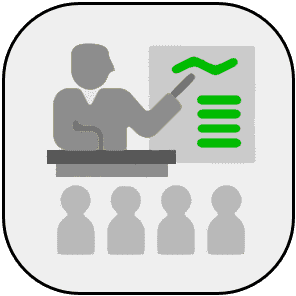
Beginners Course
|
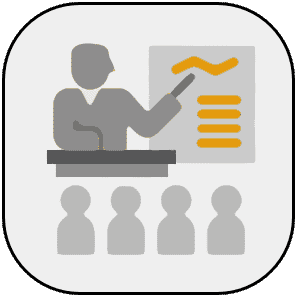
Advanced Course
|
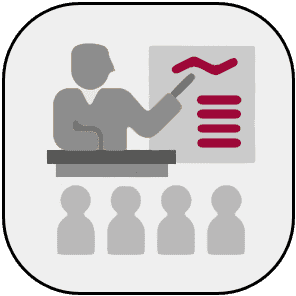
Course for Experts
|
|
|
|
The best, top-rated topics about EFQM. Here you will find the most valuable ideas and practical suggestions.
|
|
|
Advanced insights about EFQM. Here you will find professional advices by experts.
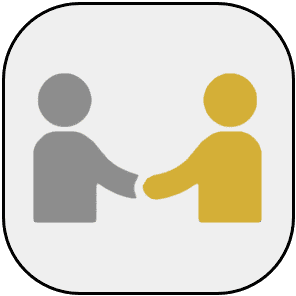
Consultancy Tips
|
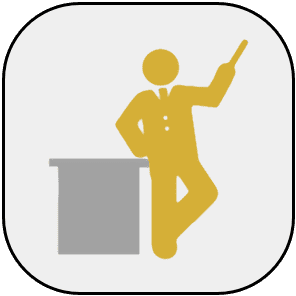
Teaching Tips
|
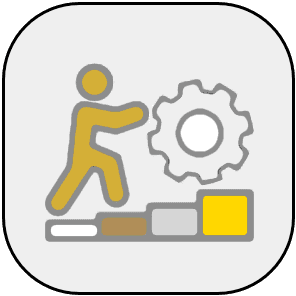
Practical Implementation Tips
|
|
|
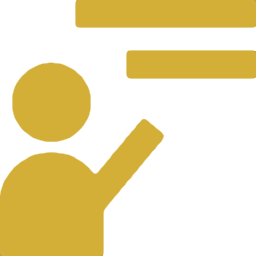
|
EFQM Levels and Objectives Quality Management
The EFQM Levels of Excellence Scheme was created to provide consistent European-wide recognition to organizations during...
|

|
Benefits of the EFQM Model Quality Management
Organizations using the EFQM model for self-assessment state that its use results in a wide range of benefits, e.g.:
- ...
|
|
|
|
Various sources of information regarding EFQM. Here you will find powerpoints, videos, news, etc. to use in your own lectures and workshops.
|
|
|
Useful tools regarding EFQM.

News
|
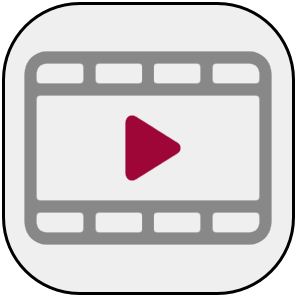
Videos
|
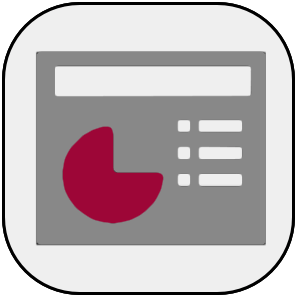
Presentations
|
| |
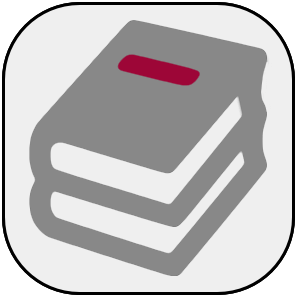
Books
|

Academic
|
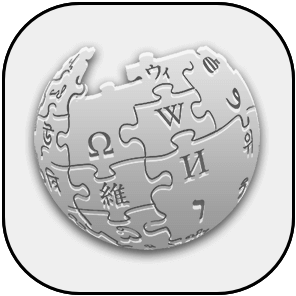
More
|
|
|
|
Compare with EFQM: Deming Cycle
| Kaizen |
Balanced Scorecard |
Baldrige |
People CMM
| Quality Function
Deployment
Return to Management Hub: Change & Organization | Communication & Skills | Ethics & Responsibility | Human
Resources | Strategy & Innovation
| Supply Chain & Quality
More Management Methods, Models and Theory
|
|
|













